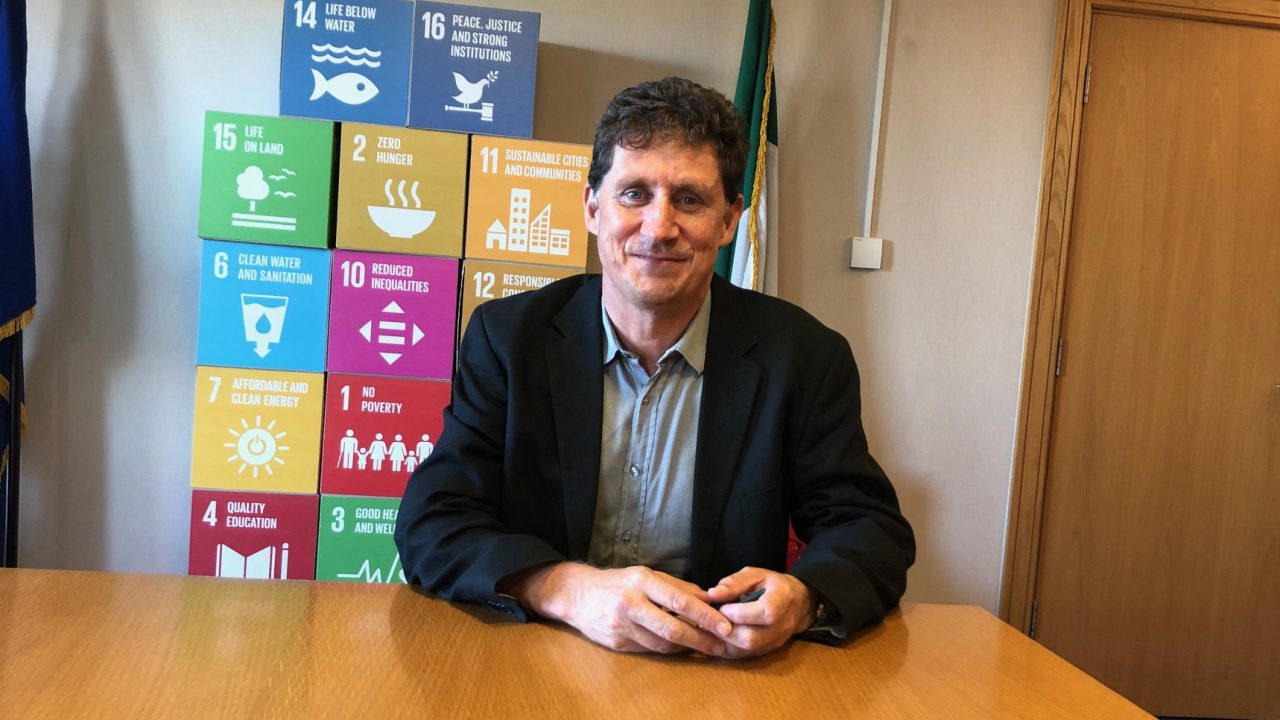The agriculture sector will have to do more to meet the national ambition of reaching emissions goals by 2030 according to Minister for the Environment, Climate and Communications, Eamon Ryan.
The comments follow today’s (Friday, January 29) joint publication by the Environmental Protection Agency (EPA) and Sustainable Energy Authority of Ireland (SEAI).
Also Read: Irish greenhouse gas emissions estimated to be 6% lower in 2020It estimates an almost 6% reduction in Ireland’s total greenhouse gas (GHG) emissions in 2020, compared to 2019 levels.
Minister Ryan said: “It is clear that much of the decrease in emissions is as a result of the coronavirus pandemic and its effects on the economy and society, particularly in the transport area where emissions fell by almost 17%.”
Emissions by sectors
The minister added that emissions from the energy sector fell by 14% with the substitution of coal and peat by renewable energy playing a greater role.
“In this sector we are on track to meet our goal of 70% renewables by 2030. Emissions from agriculture did not repeat the decrease of 2019 and it’s clear that this sector will have to do more to meet our revised national ambition,” Minister Ryan said.
“Overall these findings demonstrate the scale of the challenge in meeting our Programme for Government commitments of an average 7% per annum reduction in overall greenhouse gas [GHG] emissions from 2021 to 2030 (a 51% reduction over the decade) and to achieving net zero emissions by 2050.
Just doing less than business-as-usual will not be enough; we must make fundamental changes to how we do business and how we live our lives.
Green economy
The environment minister added that in order to meet climate goals, Ireland must ensure a green economic recovery.
“Our public investment decisions, including the review of the National Development Plan and the operation of the ‘Recovery and Resilience’ fund must be climate-driven,” he said.
By investing in walking, cycling and public transport, renewable energy, warmer homes, diversifying agriculture, and building a circular economy, we can achieve our targets and create the new jobs we need as we emerge from the pandemic.
The minister said that the revised Climate Bill sets the framework for how Ireland will make these changes, and will be followed by sectoral emissions targets.
